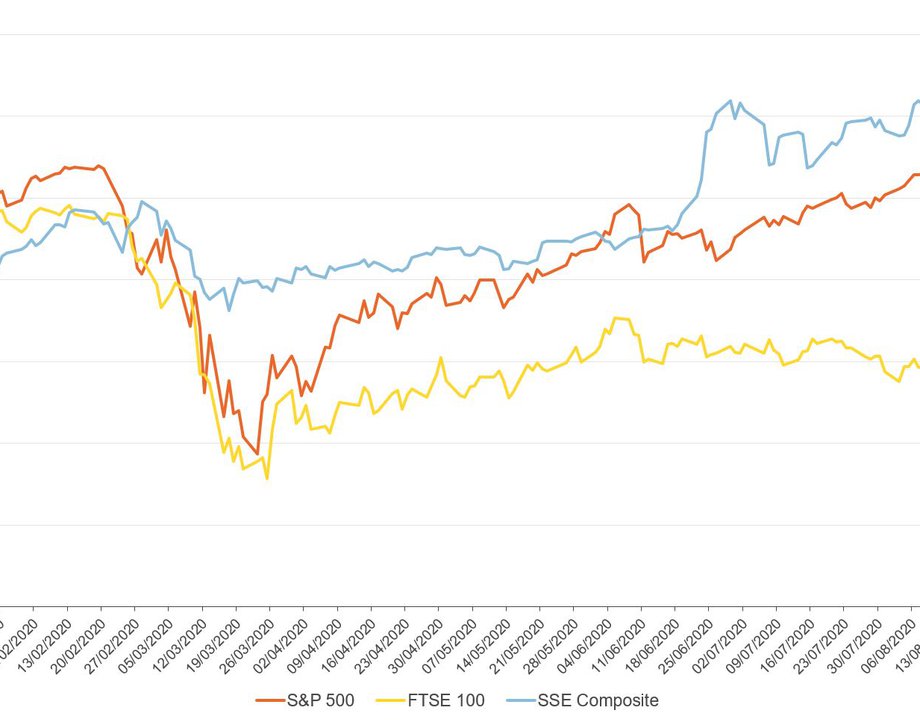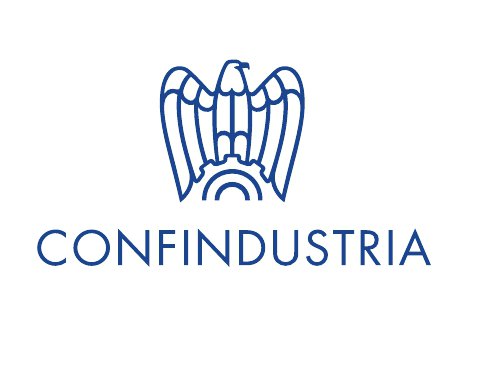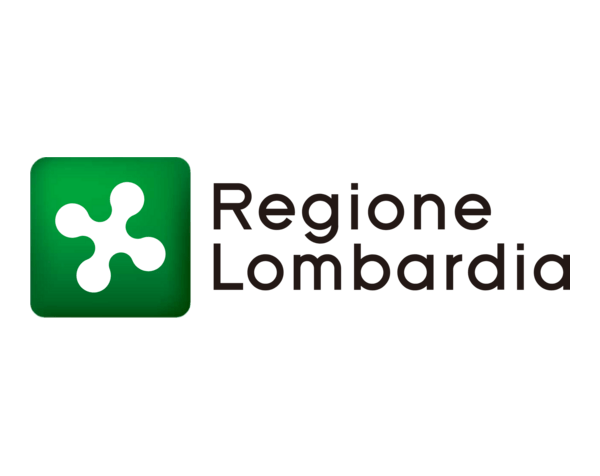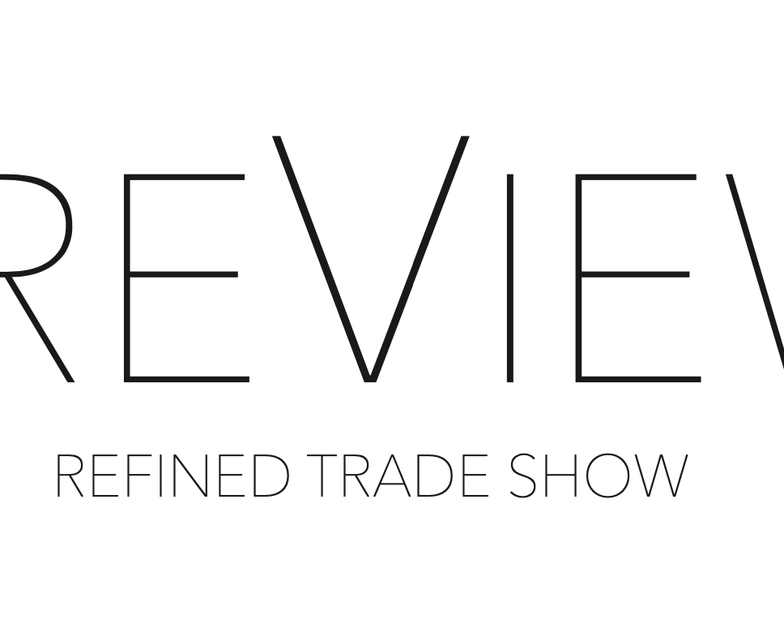China’s stock markets are rising again on rumors that the country may loosen its zero-COVID policy. But no official confirmation has come through. COVID-19 cases hit their highest level since May today, and senior Chinese virologists are concerned about a winter wave driven by a combination of COVID-19 and the flu.
A focus on zero-COVID has taken its toll. A toddler in northwest China died of carbon monoxide poisoning in part because emergency services took nearly two hours to reach him. His father reportedly tried to take his son to the hospital himself, but was barred from passing at a COVID-19 checkpoint.
It is probably as a result of this, that the Global Times said that health authorities stressed the need for anti-pandemic efforts to proceed "with prudence and delicacy" and with "the least possible time and cost".
The Chinese Communist Party-owned tabloid said the National Health Commission made the announcement Wednesday as part of efforts to "correct errors resulting from excessively strict measures that have caused damage to people's property and lives."
Hong Kong's stock market and U.S.-listed Chinese stocks also rose earlier this week after unconfirmed claims circulated on social media that Beijing had formed a "reopening committee" to examine scenarios to ease its approach.
So far, the "Zero-COVID" policy has hampered business, with private companies at greater risk. The day before rumors circulated about easing the zero-Covid policy, lackluster data on China's factory and services activity suggested a long struggle of its economy to recover from a pandemic crisis, with small private businesses facing a particularly uncertain outlook amid strict COVID restrictions.
October purchasing managers' indexes came in below 50 for both the manufacturing and nonmanufacturing sectors, indicating contractions from the previous month. The manufacturing PMI had briefly ticked above 50 in September, while the nonmanufacturing index last fell below the boom-or-bust line in May, during the protracted lockdown in Shanghai.
The composite PMI, which includes both categories, also sank below 50 for the first time since May.
The non-manufacturing reading was likely influenced by key political events in October, most notably the Communist Party's national congress, which ended on October 22. China has tightened its crackdown on the coronavirus, with government employees heading straight to their offices and returning home without detours.
"The travel restrictions that came with the party congress weighed on sentiment in the non-manufacturing sector," said Takamoto Suzuki, manager of economic research at the China arm of Japanese trading house Marubeni.
Real gross domestic product growth could turn negative this quarter if the slowdown in exports and cold weather in the housing market continues.
The stagnant economy weighs heavily on private companies, which do not have many of the benefits enjoyed by state-owned companies, such as lower fundraising costs.
The Cheung Kong Graduate School of Business' business sentiment index, which includes many private companies and better reflects the fortunes of small and medium-sized enterprises, fell for a second month to 42.5 in October. It has fallen below 50 since April as the outlook for sales and access to capital has not improved.
Government data on industrial profits, including electricity producers and suppliers, show a split for the first nine months of 2022. State-owned enterprises increased by 4% year-on-year, while private enterprises decreased by 8%.
Private firms experienced higher overall sales than their state-owned counterparts, from 38 trillion yuan ($5.24 trillion) to 27 trillion yuan. But their profits were less than 1.7 trillion yuan to 2.1 trillion yuan, leaving them with fewer resources to compete.



